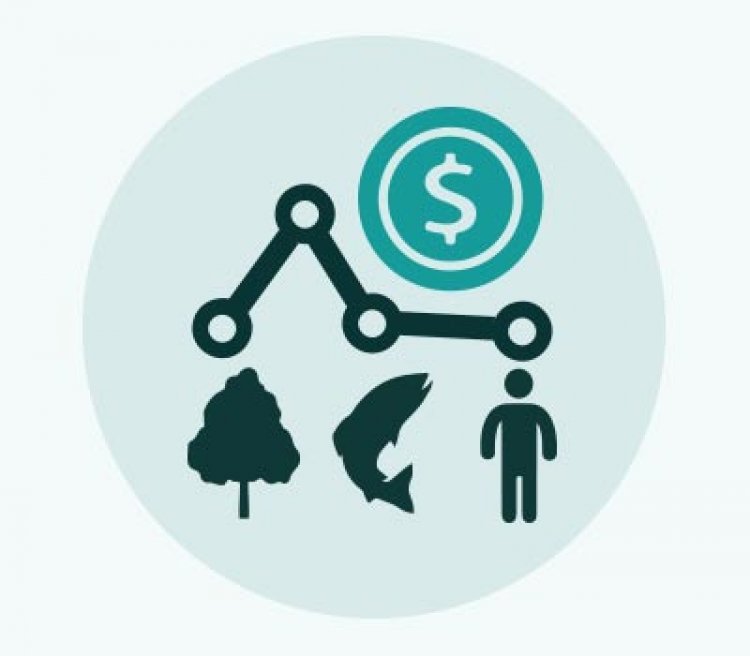Assessment of The Economy

India’s economy is among the best performing in the world. The government's investment in airports, bridges and roads, and clean-energy infrastructure is visible almost everywhere. India's total output, or gross domestic product, is expected to increase 6% this year -- faster than the United States or China.
Tax collections
The government’s tax collections continue to grow at a fairly robust pace. Data released recently by the Controller General of Accounts shows that in the first eight months of the ongoing financial year, April-November, the Centre’s gross tax revenues grew at a healthy pace of 14.7 per cent. This is higher than the growth factored in for the full year in the Union budget. While, on the other hand, government spending is also marginally higher than its budget projections, at the current juncture, based on these trends, most analysts do not expect the government to breach its fiscal deficit target for the year.
However, data released Monday shows that GST collections grew at the slowest pace in three months in December. So far this year, GST collections have averaged Rs 1.66 lakh crore per month, up from roughly Rs 1.5 lakh crore over the same period in 2023. And while non-tax collections have been healthy, shored up by the higher than budgeted transfer from the RBI, disinvestment proceeds continue to disappoint. As against a target of Rs 61,000 crore, collections have so far touched only Rs 10,051 crore. Based on these trends, The Indian Express writes “there are expectations that direct tax collections will comfortably surpass the budget targets, and possibly offset the lower than expected excise duty collections and disinvestment proceeds.”
Government capex expenditure
On the expenditure side, the pace of central government capex has slowed down in the last few months, even as, for the year so far, it is up roughly 31 per cent. With elections approaching, and the model code of conduct likely to be imposed in the next quarter, the paper believes there is a likelihood of the government not meeting its capex target for the year.
Deficit target
There is also a concern that slower nominal GDP growth — the economy grew at 8.6 per cent in the first half of the year, as against the budget estimate of 10.5 per cent — could imply a marginally higher fiscal deficit ratio. However, in absolute terms, for now, a breach of the deficit target does not seem to be on the cards.
What’s holding back the economy
Alex Travelli, NYT News Service writes about possible roadblocks to India’s growth story. “Investment by Indian companies is not keeping pace…..And while money is flying into India's stock markets, long-term investment from overseas has been declining.”
The government, he writes “will need to reduce its extraordinary spending, which could weigh on the economy if private sector money doesn't pick up.”
No one expects India to stop growing, “but a rise of 6% is not enough to meet India's ambitions. Its population, now the world's biggest, is growing. Its government has set a national goal of catching up to China and becoming a developed nation by 2047." That kind of leap will require sustained growth closer to 8% or 9% a year, most economists say.
Investors for the present, writes Travelli “are playing it safe while the economy is signaling both strengths and weaknesses.” But China's slowdown due to geopolitical tensions with the West “present another opening for India, by motivating foreign companies to move production in China to other countries.”
The World Bank has applauded India's commitment to infrastructure spending, which ramped up during the pandemic when the private sector needed rescuing. Since then, the government has doubled down, paying for bricks-and-mortar improvement to the rickety roads, ports and power supply that once discouraged business investment.
But the World Bank, whose mission is to nudge developing economies higher, says it is critical that those billions' worth of government spending ignite a burst of corporate spending. "To accelerate the growth of confidence, public investment is not enough," said Auguste Tano Kouamé, the World Bank's country director for India. "You need deeper reforms to make the private sector invest."
















